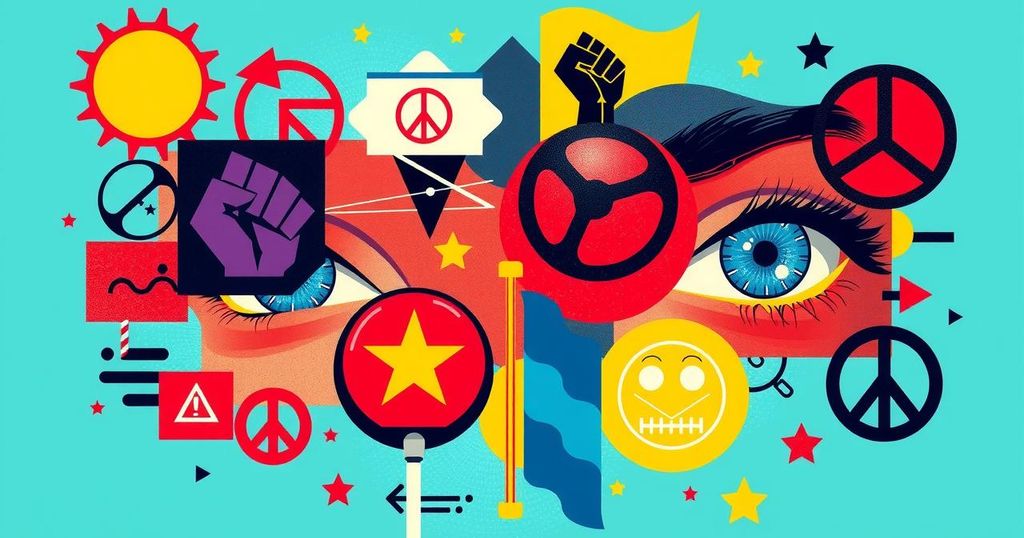The deportation of Kenyan activist Boniface Mwangi by Tanzania has ignited a heated debate on free expression in East Africa. Kenyans have reacted with humor and satire, using memes to criticize Tanzanian authorities. This incident raises questions about the future of solidarity and regional integration in a time of shrinking civic spaces and digital activism.
The recent deportation of Kenyan activist Boniface Mwangi by Tanzanian authorities has sparked tensions between the two nations while also igniting a broader discussion about free expression in East Africa. Initially viewed as preventive policing, this incident has sparked a wave of civic activism that transcends borders. Instead of quieting dissent, the move has invigorated support for Mwangi and his cause, particularly among Kenyans who have taken to social media to voice their outrage through humor and satire.
The Kenyan public’s response has been lively, with memes and comedic takes on Tanzanian President Samia Suluhu proliferating quickly across platforms. This reaction is underscored by disappointment in their own government’s muted response, showcasing a unique blend of unity and creativity in the face of adversity. Tanzanian legislators, on their end, have condemned this mockery, pointing fingers not at Kenya’s government but at what they term “imported activism.”
Tanzanian Members of Parliament expressed grievances, with Geita MP Joseph Musukuma belittling Kenya’s role and its relevance to Tanzania. Singida West MP Elibariki Kingu reminded his colleagues of Tanzania’s historic role in safeguarding peace during Kenya’s 2007 post-election chaos. This creates an ironic tension; while Tanzania was once a beacon of pan-African support, it now feels threatened by regional expressions of solidarity.
As East Africa grapples with shrinking civic space, the current conflict raises perplexing questions about the essence of free expression. The contrast between Kenya’s dynamic social media activism—which hosts an array of satirical voices—and Tanzania’s more cautious, often suppressive measures highlights ongoing tensions. This situation shines a spotlight on how new forms of activism can sometimes outpace traditional state diplomacy, as when memes and jokes drive the conversation more than official communications.
The deportation incident presents a unique challenge to East African integration as well. The idea of a collaborative political structure across the region seems increasingly distant, especially when aggressive calls to repress dissent overshadow meaningful dialogue. Activism today flows uncontrollably across geographical lines, propelled by the energy of ordinary citizens engaging through technology rather than state-sanctioned platforms.
Unfolding events now raise pertinent questions: Will regional governments adapt to the aspirations and voices emerging from the digital landscape, or will they shield themselves further behind the walls of sovereignty? This moment could very well redefine how free expression and solidarity are navigated in East Africa for years to come.
The situation in East Africa highlights the tug-of-war between state sovereignty and the flow of ideas in an age dominated by digital activism. The deportation of activist Boniface Mwangi has not only stirred tensions between Kenya and Tanzania, but it has also illuminated the evolving landscape of civic expression. As East Africa grapples with diminishing civic spaces, how regional leaders respond will significantly shape the future of activism and free speech in the area.
Original Source: eastleighvoice.co.ke






